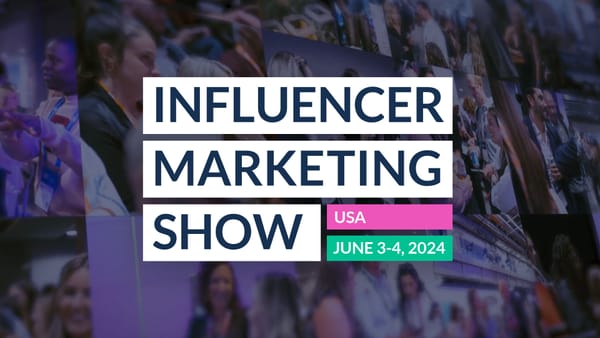Instagram Influencer Engagement Drops as Market Matures, Study Finds

InfluencerDB’s latest Audience Quality Benchmark report found that Instagram influencer marketing engagement has been steadily dropping globally since 2016 and has recently plateaued, indicating a maturing market. The average engagement rate for sponsored posts dropped from 4% in Q1 2016 to 2.4% in Q1 2019 whereas non-sponsored posts fell from 4.5% to 1.9% in the same period. As advertisers start to invest more of their budget in influencer marketing and the platform itself, there has been increased demand and less quality supply than years past. Therefore, as the industry matures, it’s more important for advertisers to analyse data to find the best influencers for their campaigns, which is now more important than ever. “Engagement rates have steadily dropped over the years and recently reached a plateau, giving marketers a clear understanding of what success can and should look like for their teams. With that said, it’s important to remember that data refers to people and to always consider the end user when launching a campaign,” said Mona Hellenkemper, director of marketing, InfluencerDB.








